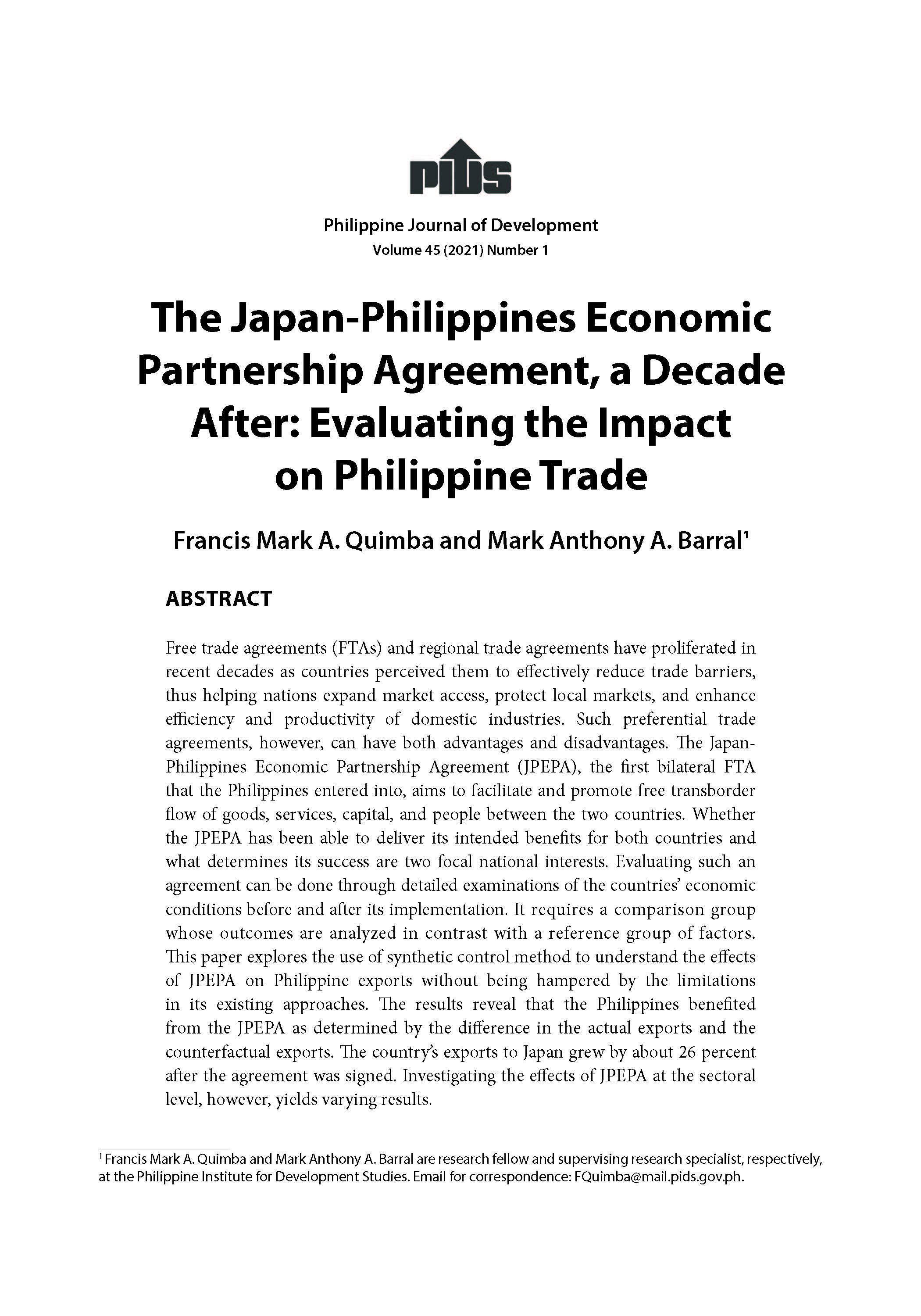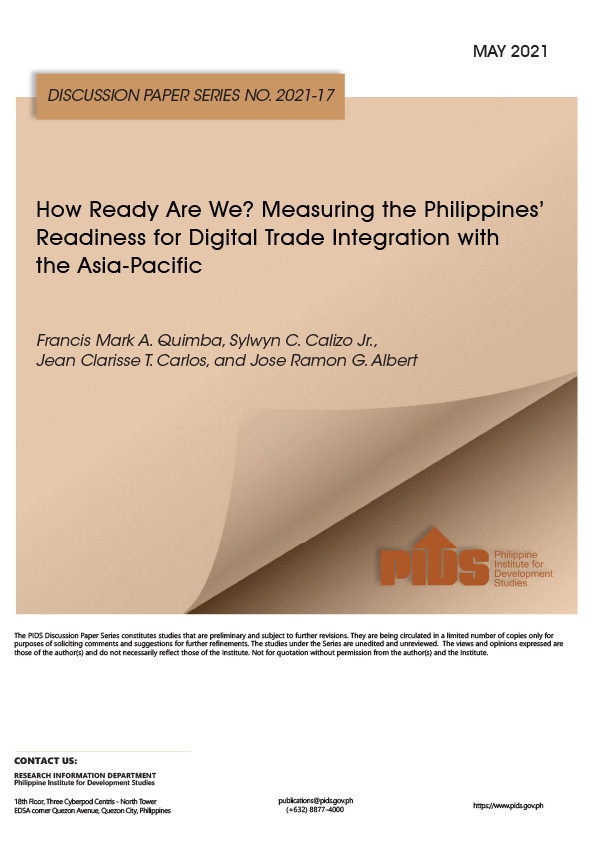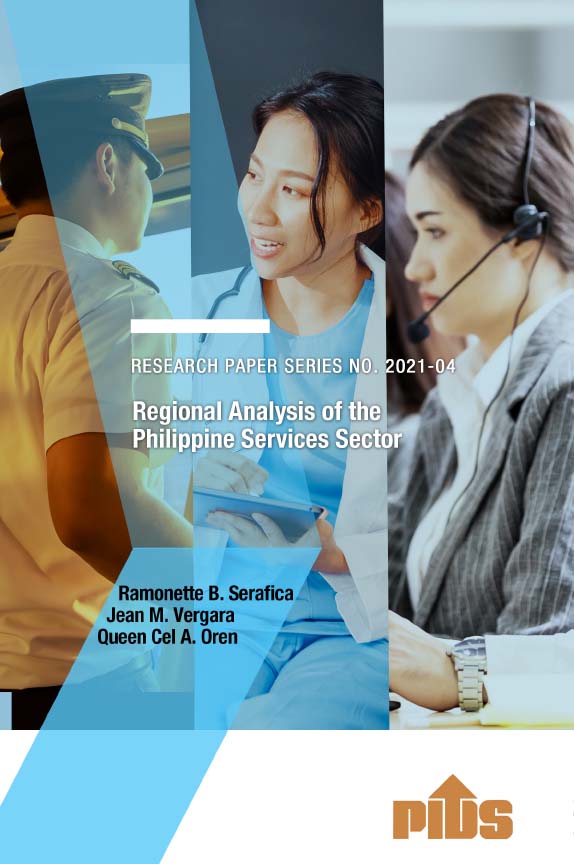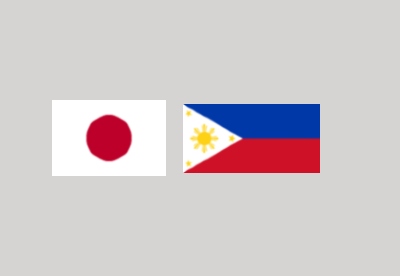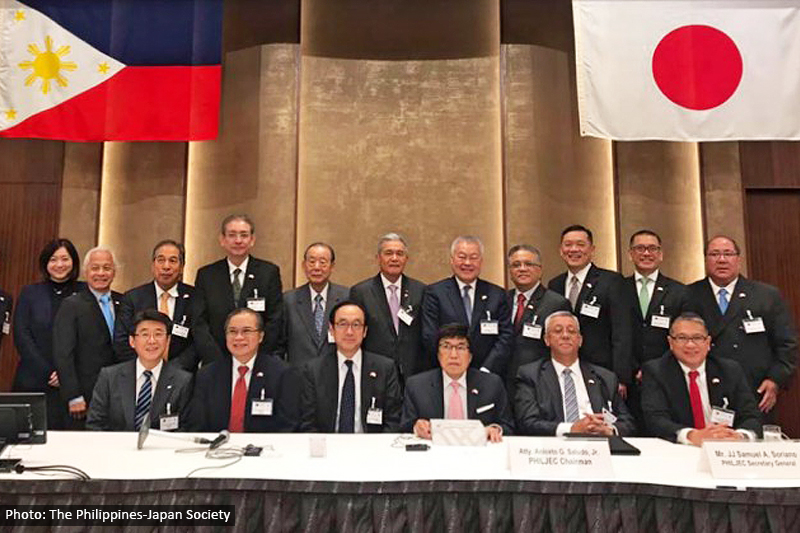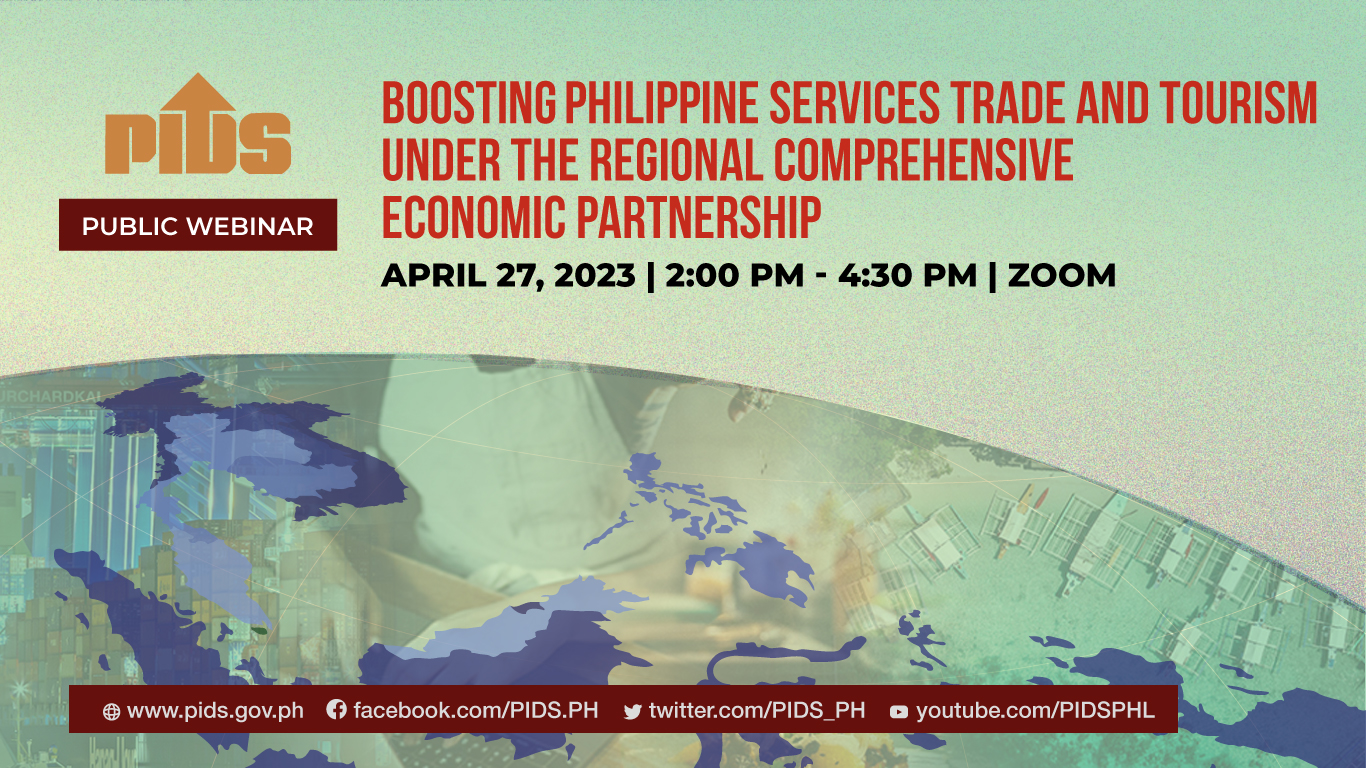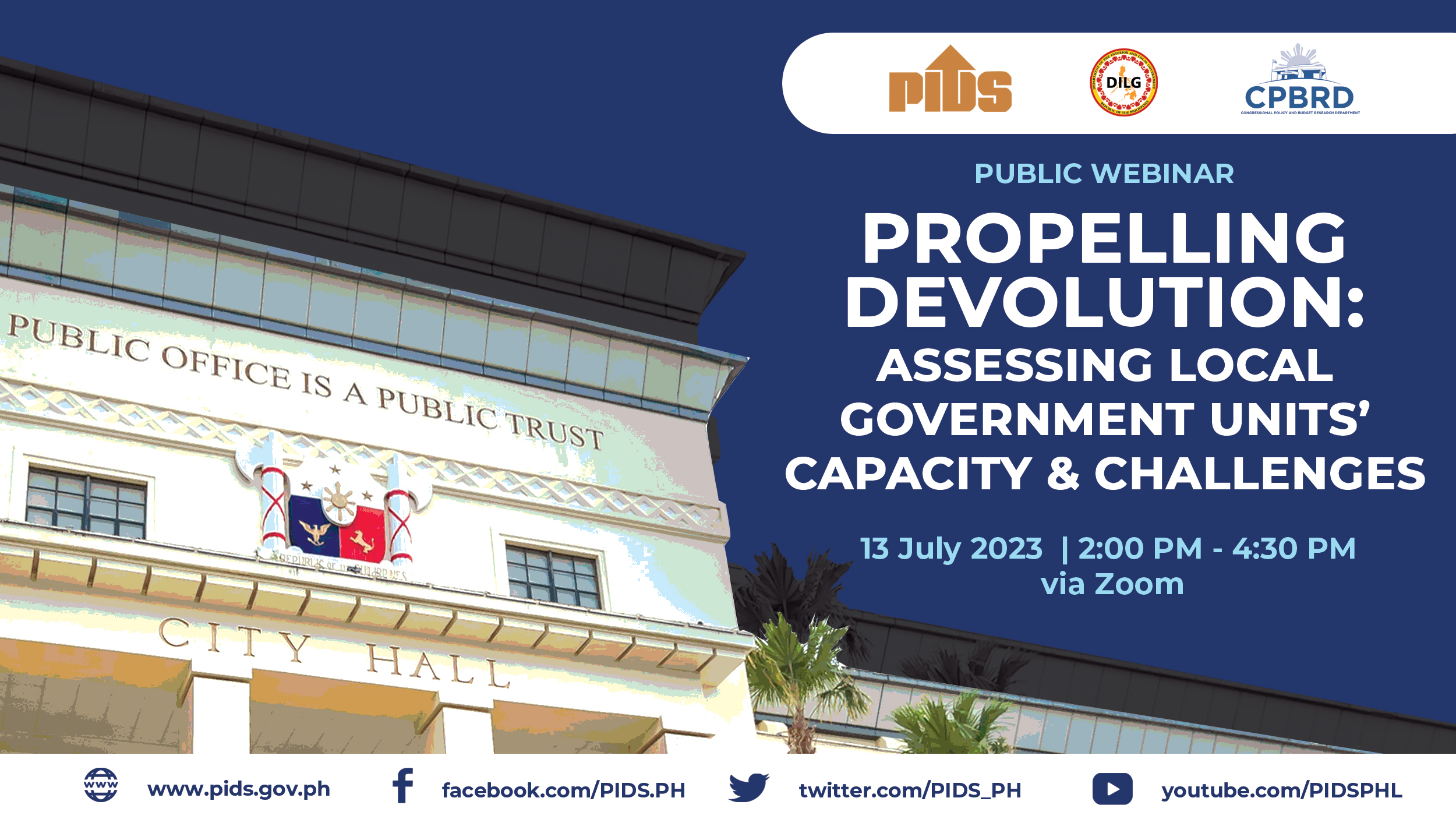The Duterte administration is reviving plans to establish an agency similar to the United States Trade Representative (USTR) Office in its bid to boost the country’s export revenues.
According to the Philippine Development Plan (PDP) 2017-2022, the trade representative office will focus on the country’s efforts in meeting its regional and global trade commitments.
This effort will also be accompanied by measures that seek to build the capacity of Philippine trade negotiators in assessing and crafting the country trade positions.
The government also intends to] explore the possibility of establishing a body similar to trade representative offices in other countries. This body will coordinate Philippine positions and negotiate bilateral, regional and multilateral arrangements,” the PDP read.
The plan to create a dedicated trade office comes at a time when the Philippines and its regional and other trade partners are faced with “inward-looking policies and protectionism. These, the PDP stated, could make the conclusion of preferential or multilateral trade agreements “increasingly difficult”.
This comes with the risk of igniting trade wars or ignoring established international rules in trade and commerce,” the PDP stated.
Currently, the Philippines has no dedicated trade agency. The de facto representative of the country in trade negotiations is the Department of Trade and Industry (DTI).
Philippine trade policy is formulated by the Committee on Tariff and Related Matters (CTRM), which is chaired by the DTI secretary and cochaired by the National Economic and Development Authority.
Reforms are yet to be fully implemented, including streamlining of export and import procedures and other trade-facilitation measures. Opportunities from existing bilateral and regional trade agreements were not fully utilized,” the PDP read
The Philippines acceded to the World Trade Organization in 1995 and has since steadily treaded the path of liberalization by cutting tariffs and scrapping nontariff trade barriers.
The country is also a signatory to various bilateral and regional trade agreements, including the JapanPhilippines Economic Partnership Agreement and a regional agreement with China through the Asean. Despite these, the utilization rate of free trade agreements in the country by businesses is only at 22 percent.
In 2005 the Philippine Institute for Development Studies (PIDS) recommended either the strengthening of the CTRM or the creation of a Trade Representative Office.
PIDS said the country’s success in international trade will depend on a “cohesive” trade policy and negotiation structure.
Government to create trade representative office

